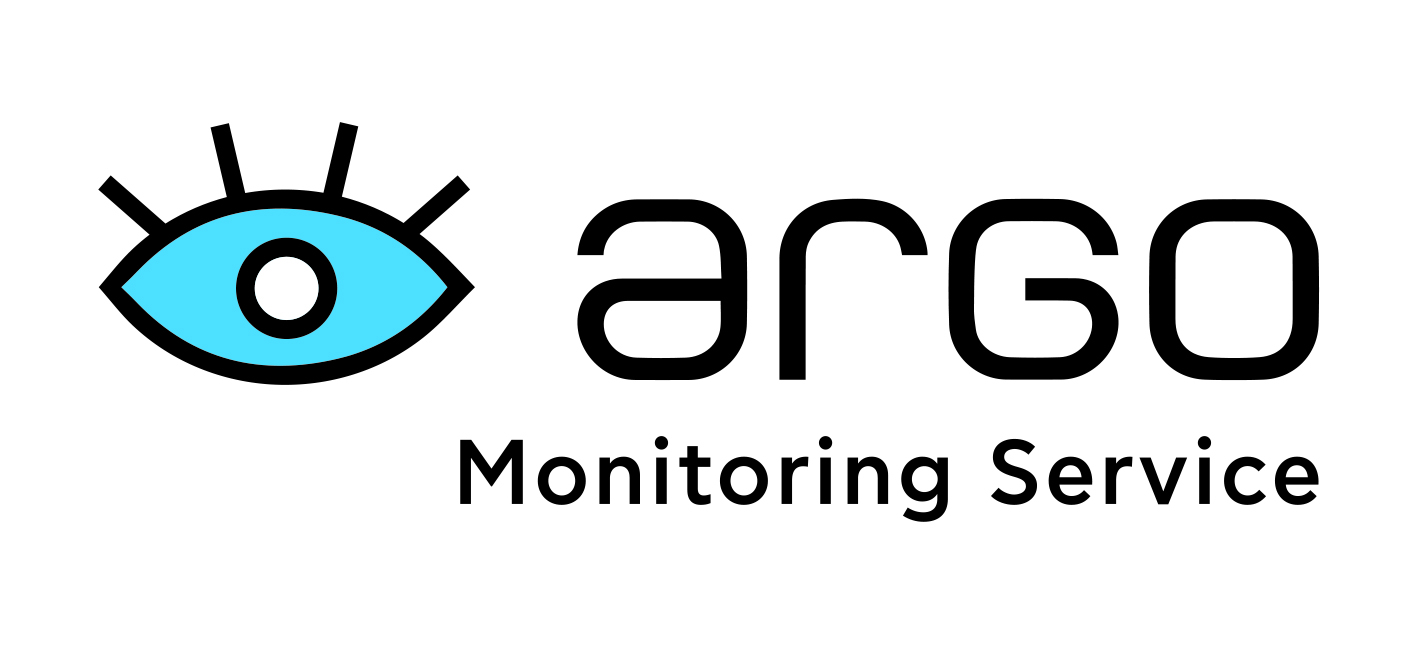University of Zagreb, University Computing Centre (SRCE)
SRCE - University of Zagreb University Computing Centre (http://www.srce.unizg.hr/en) as the major national infrastructural ICT institution in the area of research and higher education in Croatia is providing a modern, sustainable and reliable e-infrastructure for research and education community all over Croatia. This includes services at all layers of e-infrastructure: cloud services (IaaS), high performance computing (HPC, HTC), advanced networking and communication systems and services, middleware systems (including AAI), data and digital repository systems, information systems, applications and collaborative environments for education and research. At the same time SRCE, since its founding in 1971 acts as the computing and information centre of the largest Croatian university – the University of Zagreb, and is responsible for the coordination of the development and usage of e-infrastructure at the University. Extensive user support and educational content (face-to-face and on-line courses and workshops) are integral parts of all SRCE activities.
SRCE is coordinator and legal representative of the CRO NGI - Croatian National Grid Infrastructure / Initiative established in 2007. CRO NGI is a common resource of the scientific and academic community and represents the fundamental infrastructure for the scientific research, the application of new technologies and the integration of Croatia and Croatian scientists into the European Research (ERA) and European Higher Education (EHEA) Area. (http://www.srce.unizg.hr/en/cro-ngi).
In 2015 SRCE built a national digital repositories infrastructure Digital Academic Archives and Repositories (DABAR) in cooperation with the number of institutions from academic and research community in Croatia. DABAR is a key component of the data layer of Croatian e-infrastructure, a system that enables all higher education and/or research institutions to easily establish and maintain reliable and interoperable institutional digital repositories. It also enables the research community to establish thematic repositories and archives.
The implementation, maintenance and development of digital archives and data services are of significant importance for SRCE, together with supporting the open access initiative, as well as open education and open science paradigms. Several digital archives were implemented by SRCE alone or in partnerships, such as: the Portal of Croatian scientific journals (HRČAK), Croatian repositories and archives aggregator (ARA) and the Croatian web archive (HAW).
Croatian scientific and educational cloud (HR-ZOO) is a strategic e-infrastructure project of the Ministry of Science, led by SRCE. This project will be carried under the European Regional Development Fund - ERDF in the period 2018 - 2021. HR-ZOO main goal is to build an advanced, distributed in 4 cities, Computing and Data Research Infrastructure. https://www.srce.unizg.hr/en/hr-zoo).
Expertise and knowledge have enabled SRCE to actively participate in international, mostly European, projects in the area of Information Technology for more than 40 years.
Provided resources

ARGO monitoring engine
Monitoring of status, availability, and reliability of resources.

Isabella
Isabella

Ruđer Bošković Institute Research Data Repository
Repository of Open Research Data - Ruđer Bošković Institute

Abbreviation
SRCE
Location
Josipa Marohnića 5 , 10000 Zagreb , Croatia (HR)
Website
Legal status
Public Legal Entity
Domain
Subdomain
Tags
Contact
Kristina
Posavec,
IT Project manager
email: eosc-helpdesk@srce.hr
phone: +38516165329
